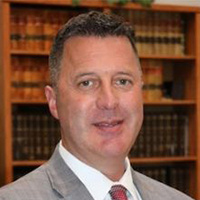Nixa Felony Lawyer, Missouri
Not enough matches for Nixa Felony lawyer.
Below are all Nixa Criminal lawyers.
Scott Gregory Taylor
✓ VERIFIEDDivorce & Family Law, Workers' Compensation, Personal Injury, Criminal
Scott G. Taylor graduated from St. Louis University School of Law in 1993 and was admitted to the Missouri Bar that same year. Scott previously attend... (more)
Jeffrey C. Goodnight
Adoption, Alimony & Spousal Support, Animal Bite, Criminal
Status: In Good Standing
Stuart P. Huffman
Litigation, Estate Planning, Family Law, Criminal, Insurance
Status: In Good Standing
Darryl Brent Johnson
Criminal, Accident & Injury, Divorce & Family Law
Status: In Good Standing Licensed: 33 Years
Dylan Christopher Jones
Traffic, Family Law, Juvenile Law, Car Accident
Status: In Good Standing Licensed: 10 Years
Steven Swen Meier
Adoption, Criminal, Family Law, Divorce & Family Law
Status: In Good Standing Licensed: 23 Years
Scott Carter Hinote
Divorce & Family Law, Criminal, Juvenile Law, Elder Law
Status: In Good Standing Licensed: 30 Years
FREE CONSULTATION
CONTACTJared Sebastian Clinton
Collection, Traffic, Business, Criminal
Status: In Good Standing Licensed: 16 Years


